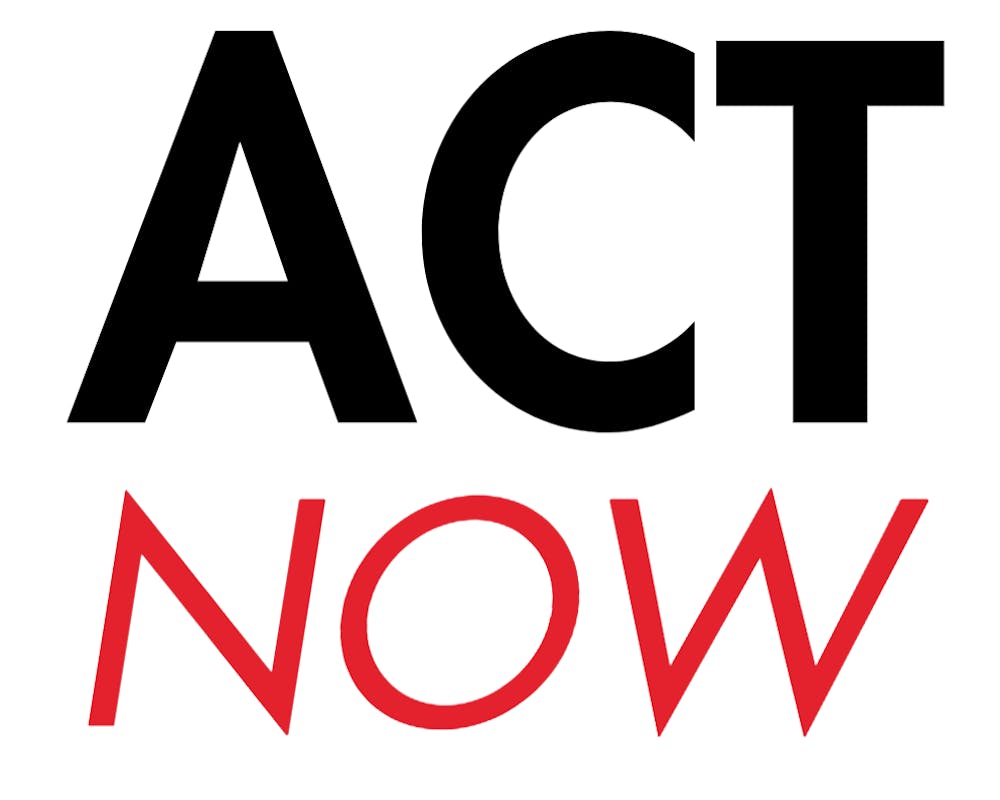EDITORIAL: Central Michigan University's mental health services must take top priority in academic reorganization efforts
At Central Michigan University, mental health advocacy and counseling services are in high demand. It's no secret. In fact, university administrators will tell you as much when you ask them.
Earlier in the year, we reported that the Counseling Center had a waiting list more than 100 people long. This semester, when CM Life reached out to the center to do a story on student usage, we were told they were too busy to even tell us they were too busy. That's not a slight on the Counseling Center, that is them heroically trying to respond to a growing need on our campus.
This is unacceptable. This issue of providing mental health services has never received more attention than it is right now in America.
How will administrators respond to this crisis?
According to the 2017-18 university budget, CMU will spend about $827,000 to operate the Counseling Center. Of that money, the salaries of counselors cost almost $425,000.
To put that in perspective, football coach John Bonamego will earn about $430,000 in base salary next year — and that doesn't include the incentives he could earn, which could take that figure to almost $700,000.
One man's base salary is more than the entire counseling team earns. Because the university wanted to keep Bonamego here, we found the money to increase his wages.
Will administrators find the money to help provide the counseling services students are demanding? They have made some effort. After the March 2 shooting, which left two dead in Campbell Hall, counseling resources were increased to help students who were returning from Spring Break deal with processing the tragedy. Administrators acknowledged we did not have enough staff to handle an onslaught of students requesting counseling services.
Now that time has passed, those extra resources are gone.
CMU owes its students a better, more permanent response.
Students don't deserve days-long waiting lists to deal with their mental health emergencies. Counselors don't deserve to be so overwhelmed that they don't have an ability to make a real connection with their patients.
The university is poised to be able to make real change — if it wants to.
As a part of the Academic Organizational Review, Committee II: Academic Support has taken reviewing aspects of on campus support systems and assessing their validity. The Counseling Center falls under this committee.
On Jan. 29, when their recommendations were first posted, the committee wrote the following: "The committee recognizes that (The Counseling Center) is a serious challenge and one that the university must address as a high priority. The members of committee II are aware and already engaged with this issue and feel they can work across CMU to develop a solution to the challenges identified by students and others."
That's great the university acknowledges the Counseling Center as a high priority issue. Now administrators must act. In the anonymous feedback left for the organizational review committee, students are literally pleading for help.
"Please, I am begging this university to consider expanding their mental health services and counseling. Almost everyone I know is suffering due to the stresses of college and outside circumstances, including myself. I shouldn't have to diminish the severity of my depression and anxiety and tell them that I'm not a priority case and to put me on the waitlist (that I've been on almost all semester) because I feel bad taking priority slots that others may need more," one response reads.
Another simply says: "The Counseling center does not have adequate staffing to meet all student needs and is often too busy for many students to find availability to schedule appointments. While emergency appointments are available to students experiencing an active crisis, it would be nice to have more preventative measures in place."
To the administration: Students are begging you for help. The time is over for thinking about or talking about what to do with mental health services.
Add more counseling staff. Now.







